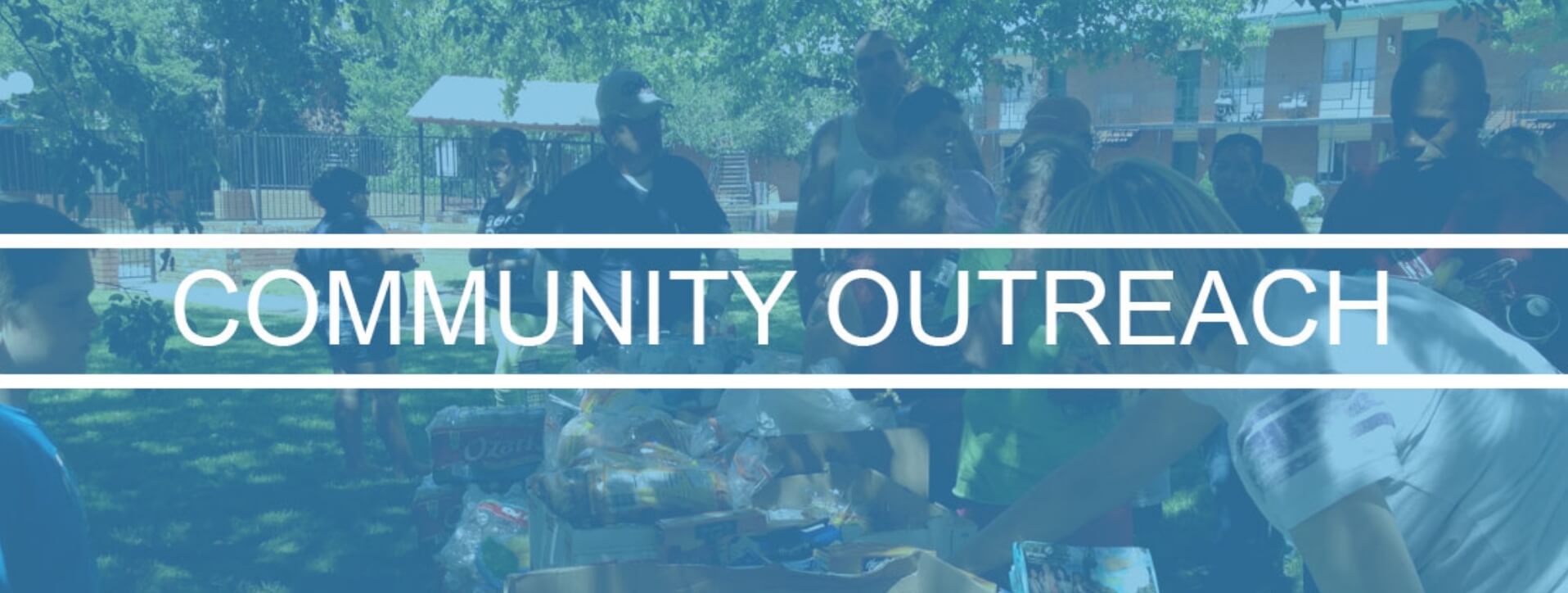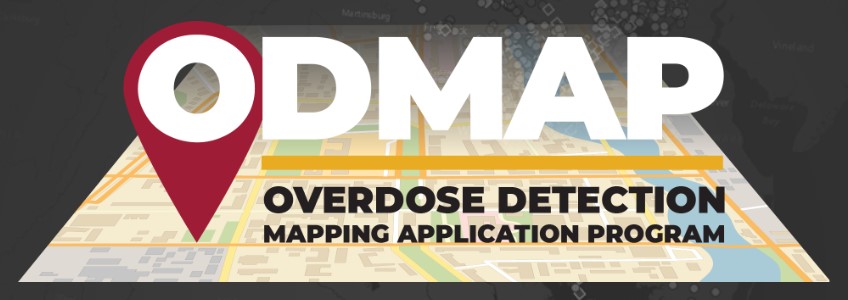The Department of Justice’s Bureau of Justice Statistics recently released statistical briefs on selected policies and procedures of local police departments and sheriffs’ offices, based on data from BJS’s 2016 Law Enforcement Management and Administrative Statistics survey. The tables show national estimates and distributions by population served on topics such as average hours of officer training by type of training, written community-policing plans, annual operating budgets, written directives for officer conduct, written documentation for officers’ display or discharge of firearms, authorized less-lethal techniques and restraints, and requirements for external investigations of deaths or use of force....










